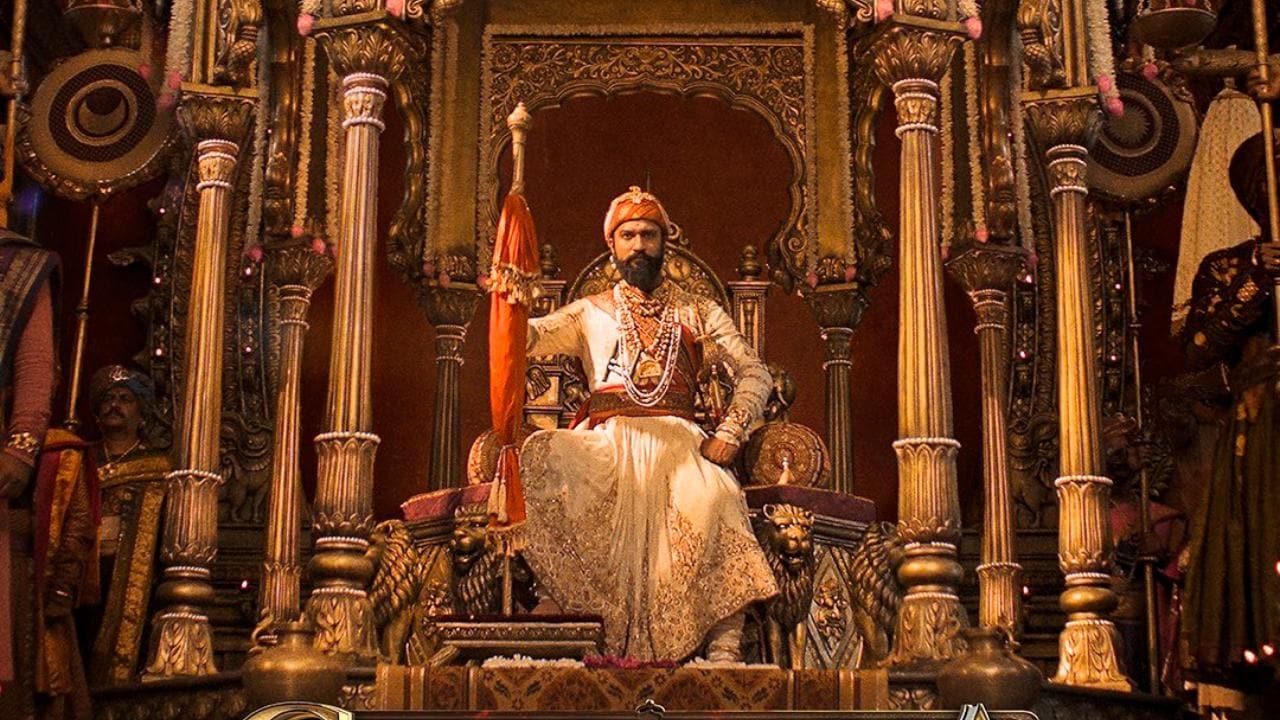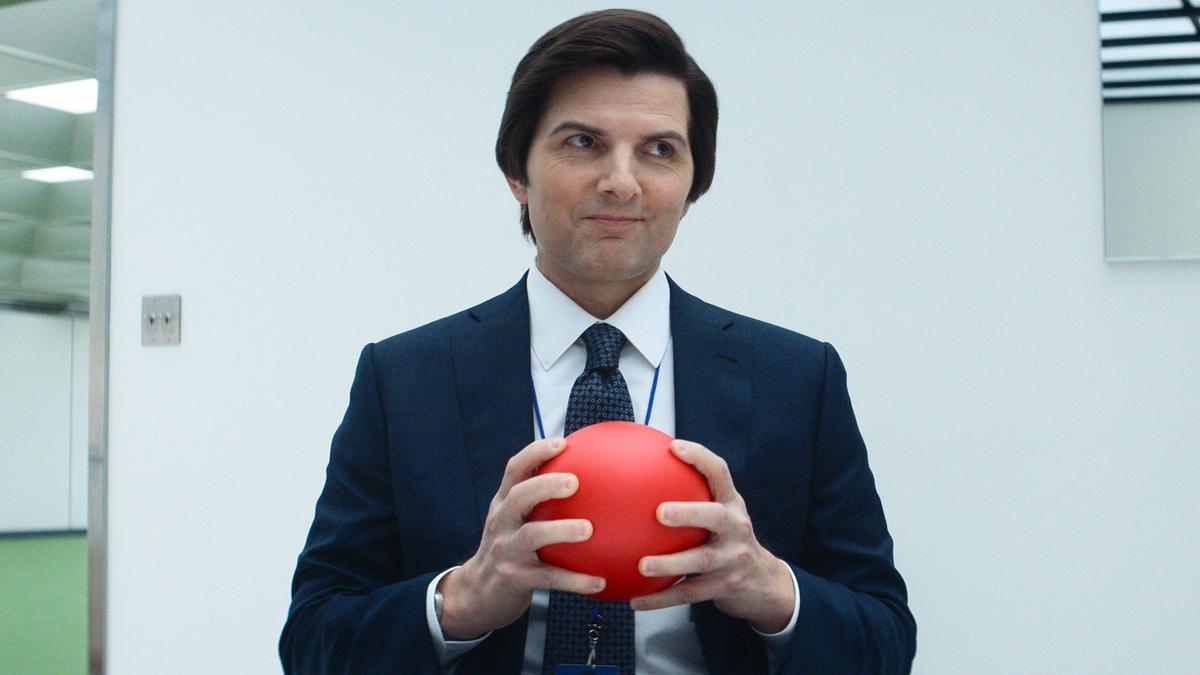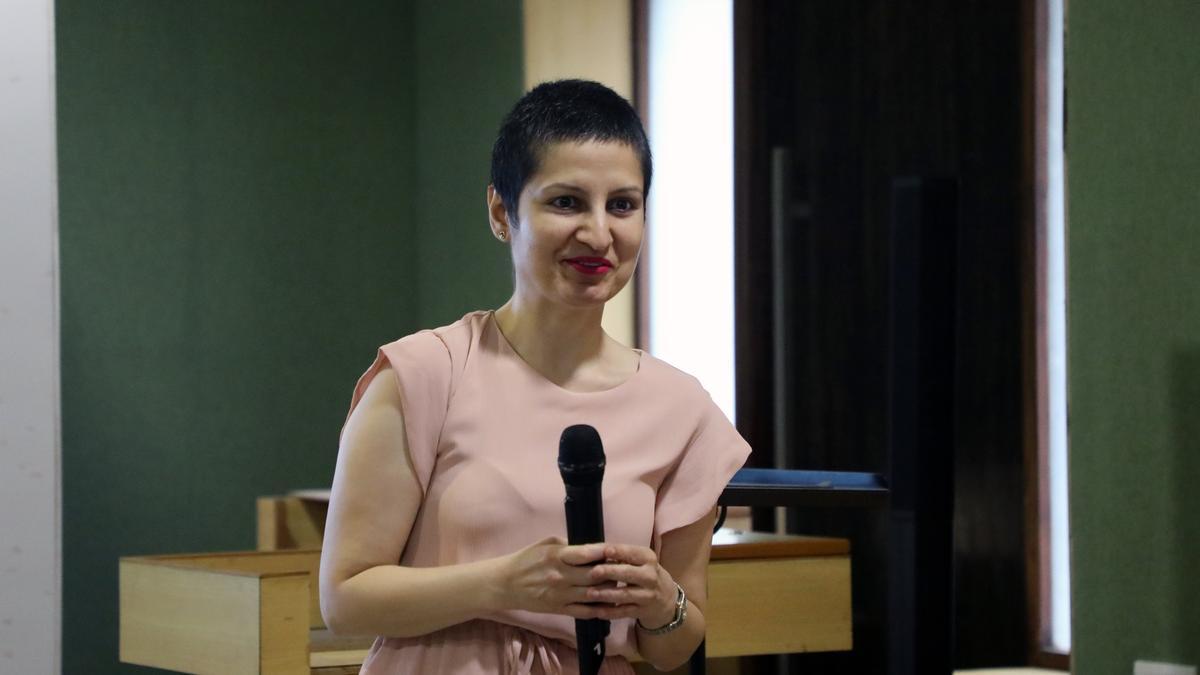
When one evokes the name Frankenstein, images of a lumbering creature with bolts in his neck often come to mind; however, it’s worth noting that Mary Shelley’s ‘Frankenstein’ actually refers to the doctor, not his creation. This same blending of creator and creation lies at the heart of ‘Poor Things,’ the film that has garnered no less than 11 nominations at the Academy Awards. Helmed by the masterfully unpredictable Yorgos Lanthimos, ‘Poor Things’ is his daring spin on Alasdair Gray’s 1992 novel, which itself is a reimagining of Shelley’s gothic tale.
In this narrative, it’s the monster that assumes the white coat of a respected yet peculiar surgeon, Dr. Godwin Baxter, portrayed by the chameleon-like Willem Dafoe. The good doctor’s latest exploit? Resurrecting a drowned woman named Bella (Emma Stone) with a curious twist: her brain has been replaced by that of her own fetus, rendering her mental state childlike. This inventive storyline moves far beyond Kamal Hassan’s antics in Balu Mahendra’s ‘Moondram Pirai,’ steering clear of the comedic to embrace the surreal.
The film unfurls with Bella rapidly maturing, uncovering the undiscovered country of her corporeal self, including her sexual awakening—a narrative as unpredictable as it is bold. Baxter, keen on documenting this phenomenon, assigns his student Max McCandles (Ramy Youssef) to record Bella’s mental expedition toward maturity. Bella, like a modern vampire devoid of the penchant for blood, is stuck in a time-loop of youthfulness, unmarked by the passage of time.
Max, blessed by Baxter, romantically pursues Bella, leading them to an engagement blissfully sealed. However, their Edenic joy is interrupted by the arrival of the wily lawyer, Duncan Wedderburn (Mark Ruffalo), who convinces Bella to embark on a ‘grand adventure’, punctuated by “furious jumping”. Their escapade whirlwinds through Lisbon, gyrating across Athens, Alexandria, Marseilles, to a Parisian brothel. There, Bella becomes acquainted with socialism and adds it to the philosophy she’s already absorbed—a veritable hero’s journey but through the eyes of a Lanthimosian character.
The landscape of ‘Poor Things’ dazzles like a kaleidoscope: wild, whimsical, and wondrous. Like being thrown headlong into a feverish vision extravagant with vivid hues and outlandish machines, the viewer is left little occasion to question the narrative’s eccentricities. But some may question the portrayal of certain elements through a discernable male gaze. The Parisian brothel, for instance, and Bella’s self-exploration lend themselves to controversial interpretations, such as an unsavory take on penis envy. The men flit about, oscillating between foolishness and sadism, ever intent on constraining the intrepid Bella, who herself seems to echo manic pixie dream girl tropes entrapped in a witch’s allure.
While Emma Stone seizes the spotlight with her sprawling talent, the joys of the film are equally found in the performances of Dafoe and Ruffalo. The ensemble cast also beams with talent, including Margaret Qualley as Felicity, the ‘second resurrection’, Vicki Pepperdine as the impeccable Mrs Prim, Suzy Bemba as the insightful sex worker Toinette, and Jerrod Carmichael as Harry Astley, among others, all stitching together the vibrant tapestry that is ‘Poor Things’.
What unfurls on screen is something between a peculiar comedy and a visual spectacle. Cinematographer Robbie Ryan conjures a steampunk aesthetic that might conjure memories of Mel Brooks’ ‘Young Frankenstein’ or the endearing Igor, yet ‘Poor Things’ stands firmly as its own creation.
Streaming on Disney+Hotstar, ‘Poor Things’ invites audiences into a realm that is as bizarre as it is beautiful. This deviation from conventional storytelling may leave some perplexed, but it becomes readily apparent that Yorgos Lanthimos, with both fervor and finesse, aims for nothing less than the extraordinary.










